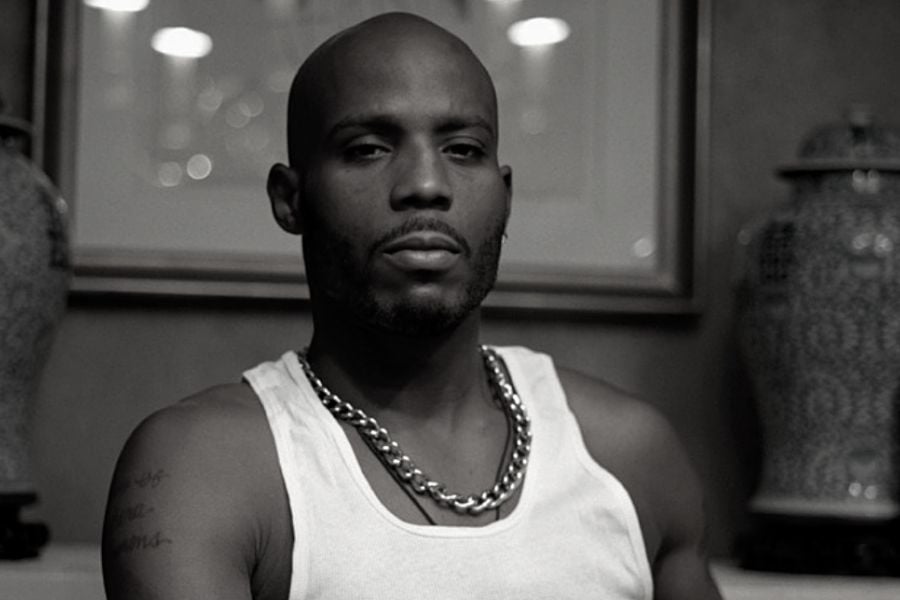When DMX passed away last year, the rap world lost one of its greatest talents. The rapper – real name Earl Simmons – was the brain behind Ruff Ryders, the prolific record label that launched the careers of Eve, Cassidy, and DMX himself.
With his trademark strained vocals, the artist rose to fame after the release of his iconic 1998 debut, It’s Dark and Hell Is Hot. When he was invited onto Tim Westwood’s show two years later, he was at the very top of his game.
In his day, DMX was the biggest star of the Def Jam era, eclipsing even Jay Z, whose simmering fanbase was small fry compared to Simmons’ throngs of dedicated followers. After his debut took the top spot, DMX went on to release a quartet of Number One albums, including 1999’s And Then There Was X and 2003’s Grand Champ. Today, no other rapper has achieved such levels of success. And best of all? DMX did it while remaining an authentic member of the contemporary rap game, influencing countless artists including Ski Mask The Slump God and Denzel Curry.
Simmons was born on December 18th 1970 to Joe Barker and Arnett Simmons, who was just 19 at the time. Like so many legendary music artists, the rapper’s true origins are shrouded in mystery, with some saying he was born in Baltimore and others arguing that it was Mount Vernon. What we do know is that he was raised as a Jehova’s Witness before embarking on a life of petty street crime in his adolescence. As a result, he spent much of his youth inside a juvenile detention centre.
On the streets, he made no attempt to hide his disdain for street-level drug dealers, who he tended to rob of their earnings. Friends were few and far between, but he found companionship in the many stray dogs he befriended as he travelled between youth group homes. All the while, hip-hop provided a soundtrack, offering him an escape from his troubles. Initially, he explored beatboxing, then turntablism, and eventually found his way to rap.
Over the next decade, he cemented himself as one of the hottest freestylers on the scene. When MTV asked him to describe his approach to the craft in the late ’90s, he said: “You are not talking about any particular subject, just talking about how good you are. That was freestyle to me. Because there are many styles of rap, you know what I am saying? Story rhymes, you know what I am saying? All types of styles. Freestyle to me is a style, not really speaking of any one particular subject, just how nice you are.”
This fiery freestyle from 2000 is proof of just how much talent DMX had to spare.
